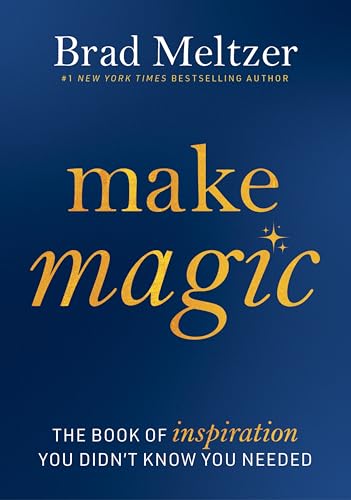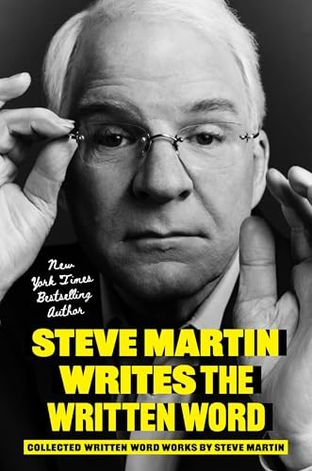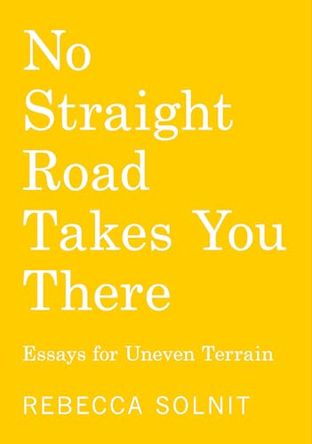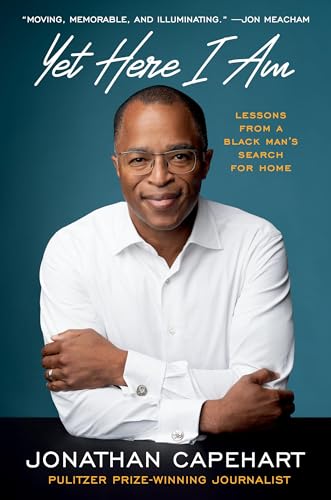Review of MAKE MAGIC
by Johny McFliggen, PhD Literature & Business, Oxford
Ah, the elusive "MAKE MAGIC" by Brad Meltzer—a book that exists only in the realm of hypothetical discourse, much like a whispered incantation lost in the annals of literary lore. While I cannot conjure a review of this non-existent tome, I can certainly indulge in a bit of speculative critique, drawing upon Meltzer's illustrious oeuvre and the thematic tapestry he tends to weave.
Brad Meltzer, an author whose pen dances gracefully between the realms of fiction and non-fiction, is no stranger to the art of crafting narratives that both educate and entertain. His works often resonate with an audience that craves more than mere entertainment; they seek knowledge wrapped in the allure of a good story. If "MAKE MAGIC" were real, one might expect it to be a delightful concoction of historical intrigue and inspirational musings—perhaps a bit like the literary lovechild of Erik Larson and Malcolm Gladwell, mingling the factual with the fantastical.
In the hypothetical "MAKE MAGIC," Meltzer's legal acumen and historical fascination would likely converge, producing a narrative as compelling as an episode of "Brad Meltzer's Decoded." Imagine him unraveling the mysteries behind the world's most enchanting tales or revealing the hidden figures who have cast their metaphorical spells on history. It could be a book that dares to delve into the alchemy of storytelling itself—a meta-examination of how stories transform our perception of reality.
Readers familiar with Meltzer's previous non-fiction offerings might anticipate his characteristic blend of meticulous research and approachable prose. His talent lies in making history accessible, much like a skilled magician revealing the secrets behind his tricks without diminishing their wonder. In this imagined literary landscape, one might also draw parallels to works like Doris Kearns Goodwin's explorations of leadership or Walter Isaacson's biographies, where historical figures become as vivid as any character from fiction.
The reception of "MAKE MAGIC," were it to exist, would undoubtedly hinge on Meltzer's ability to transcend the typical boundaries of non-fiction—an expectation he has consistently met in past works. His audience would likely be those who find joy in learning, who see books not just as vessels of knowledge but as portals to other worlds.
While we may not have "MAKE MAGIC" to peruse, we can revel in the prospect of what it might have been: a testament to the power of narrative magic, where history and inspiration collide under the deft touch of Brad Meltzer's pen. Until such a book graces our shelves, we remain content with his existing catalog, awaiting whatever spellbinding story he chooses to tell next.
Purchase Link: MAKE MAGIC on Amazon



